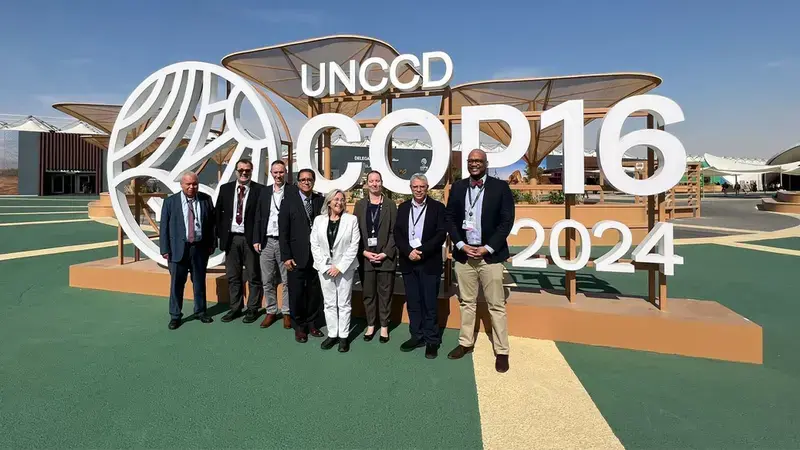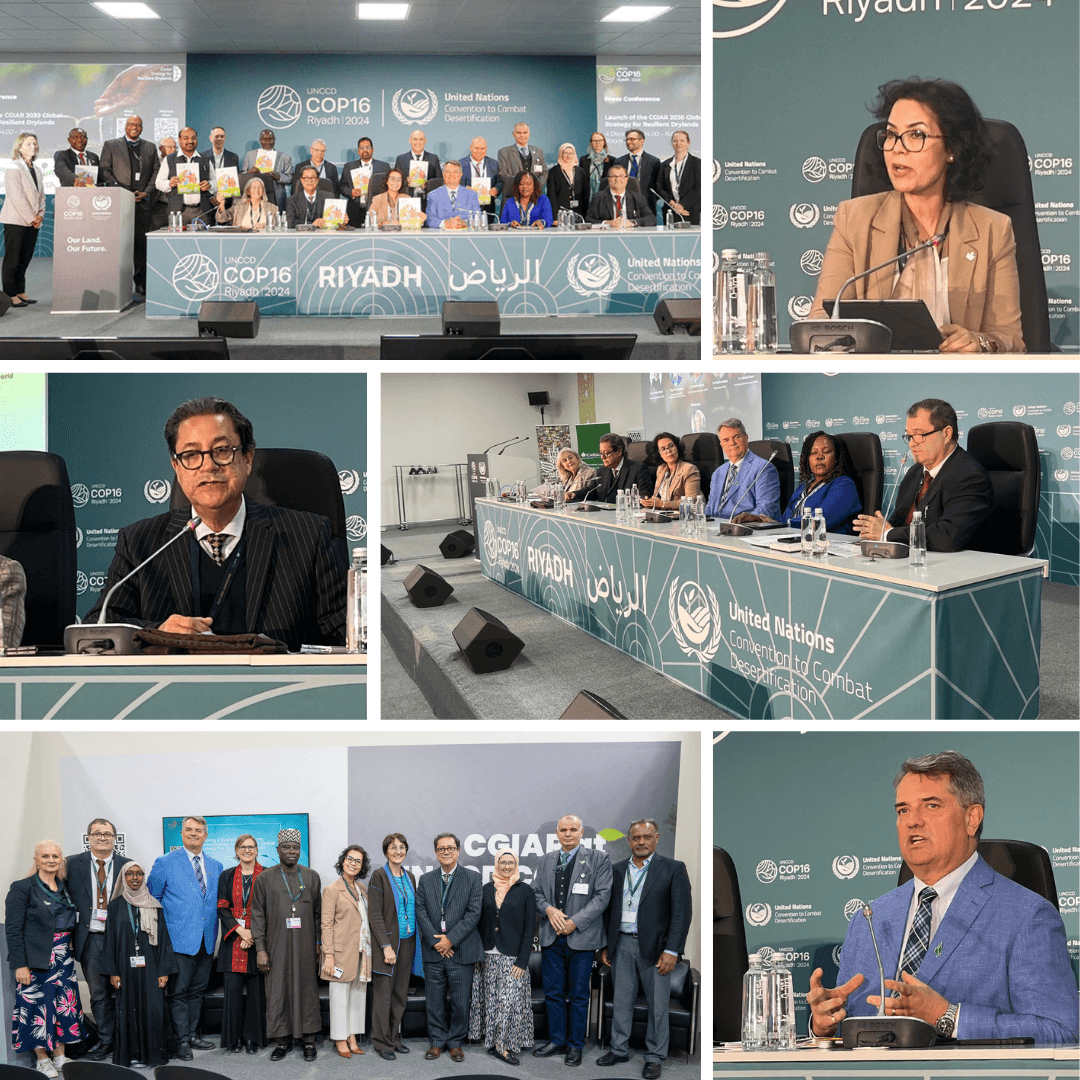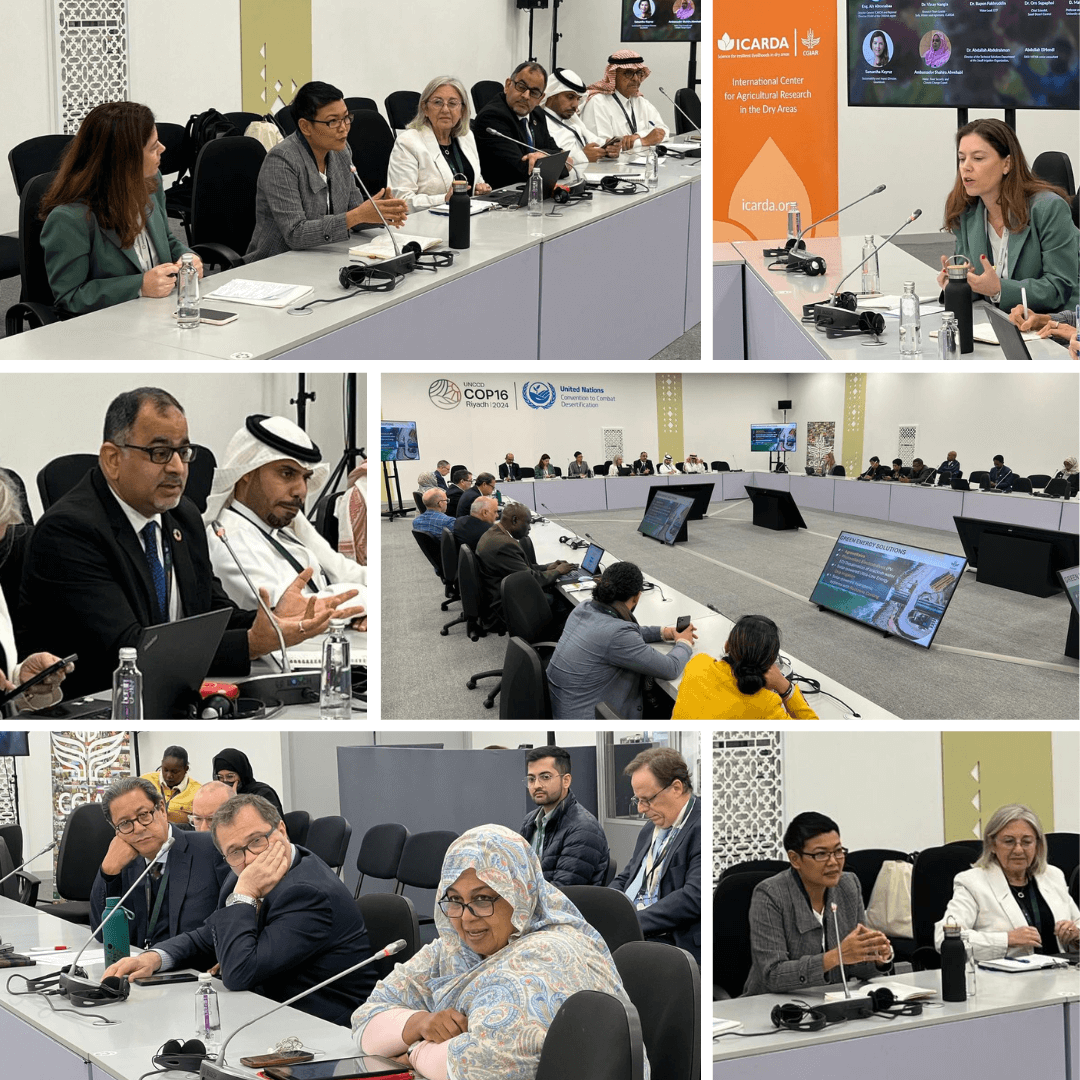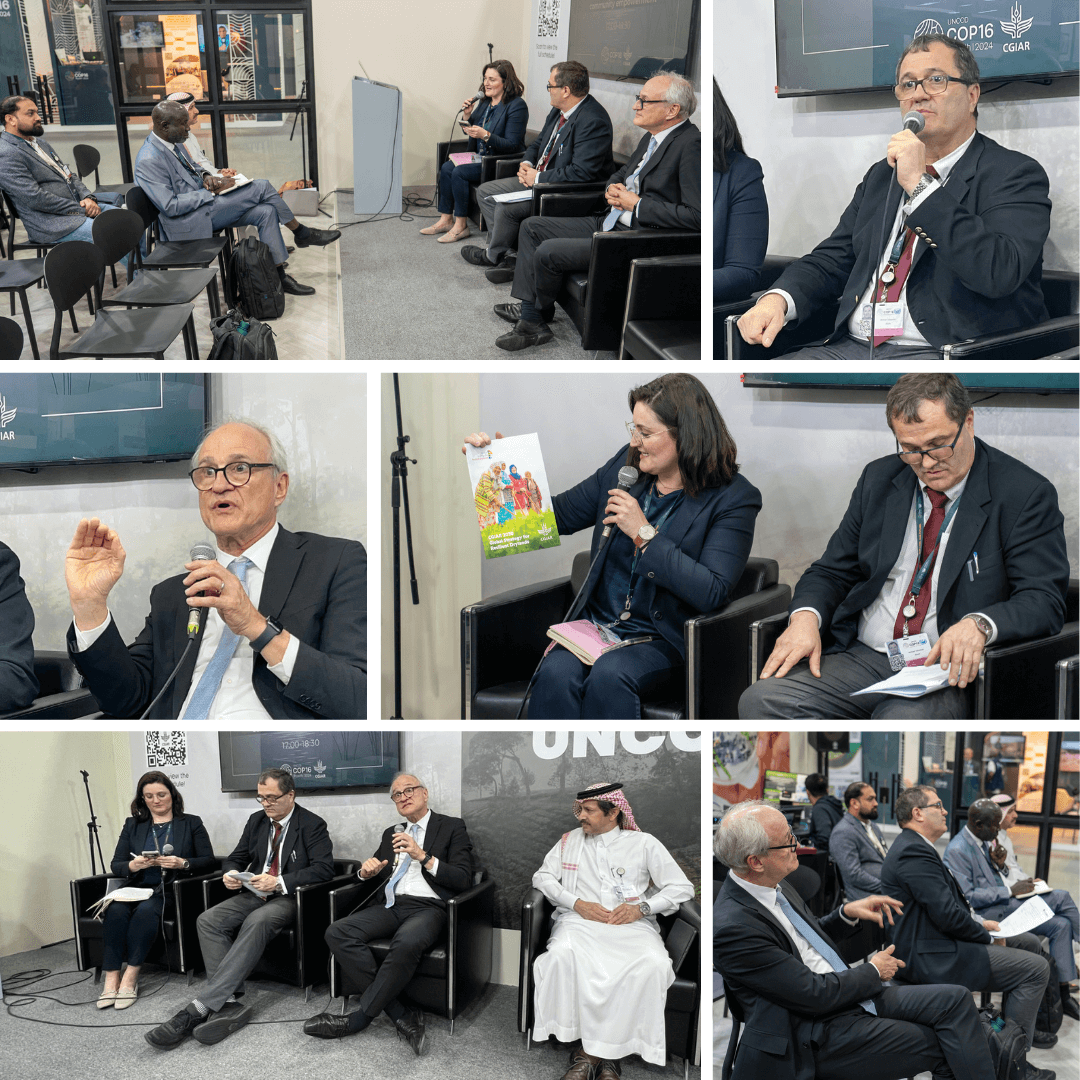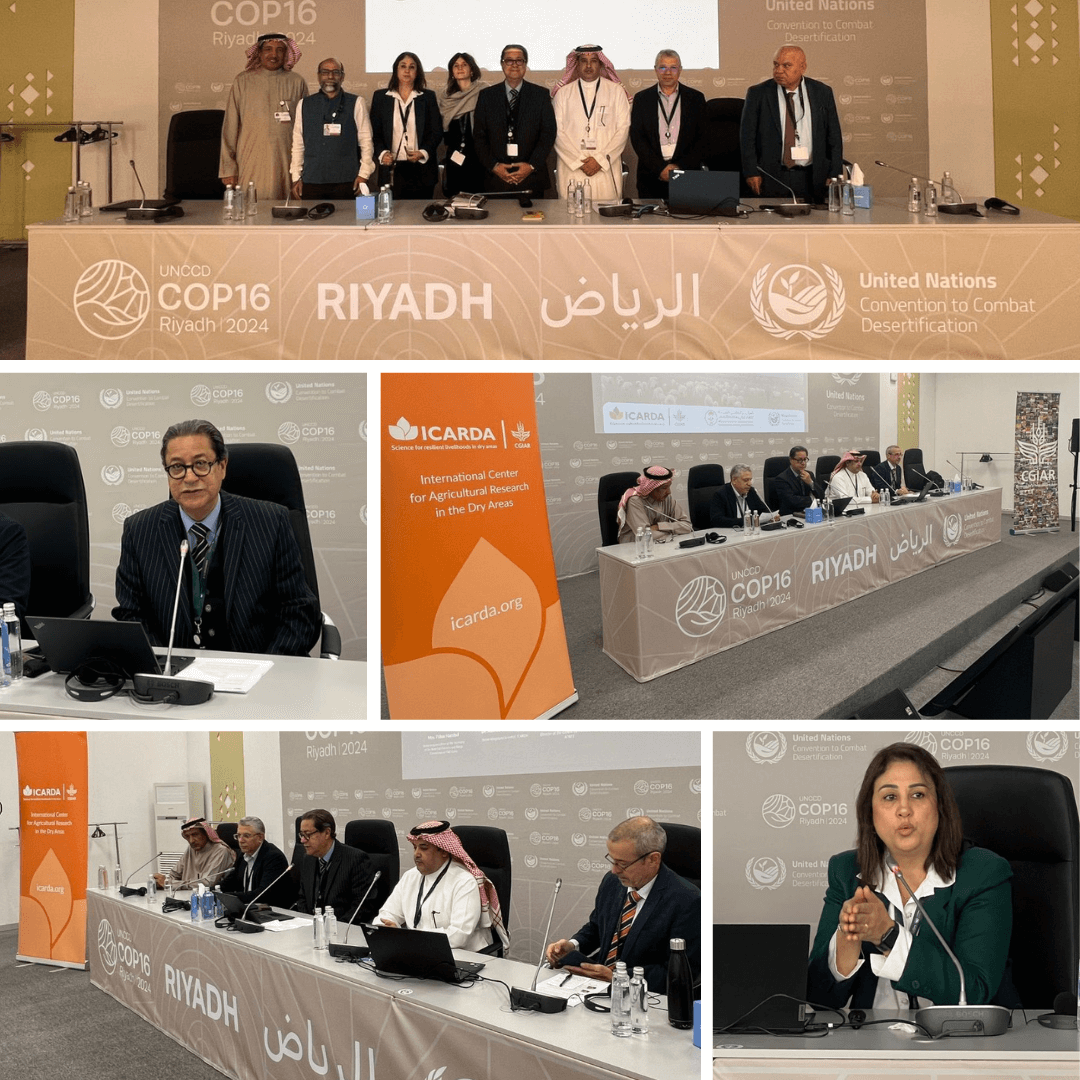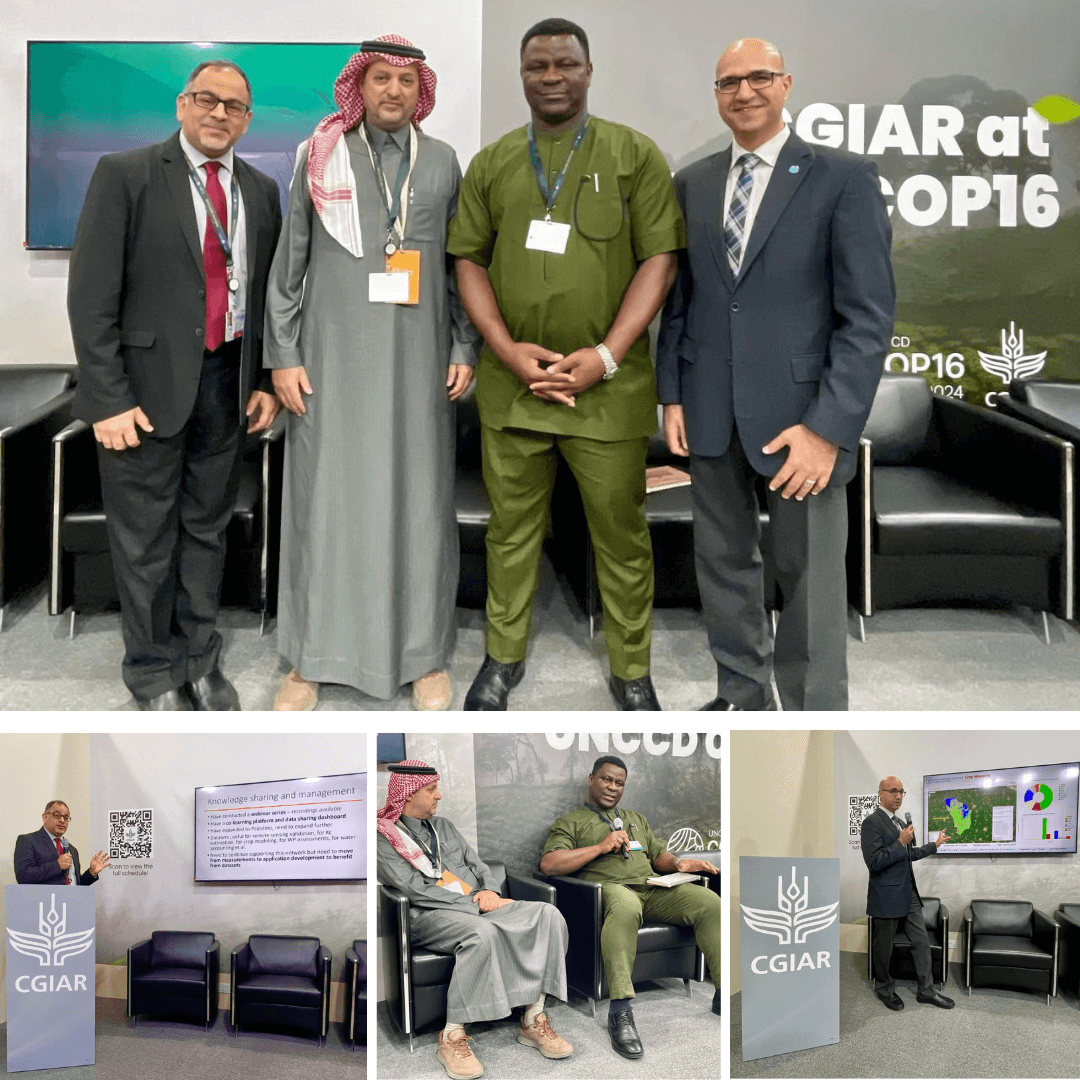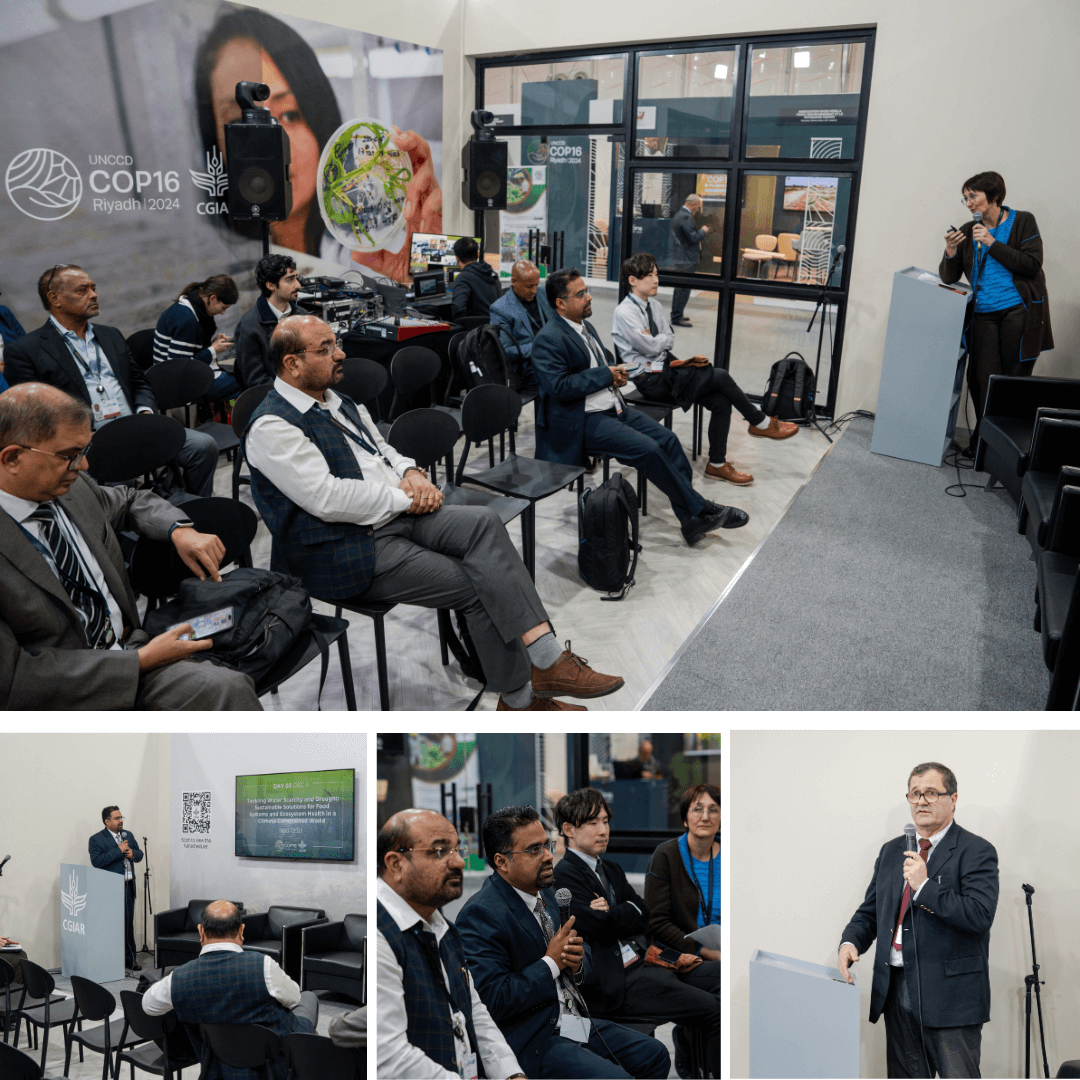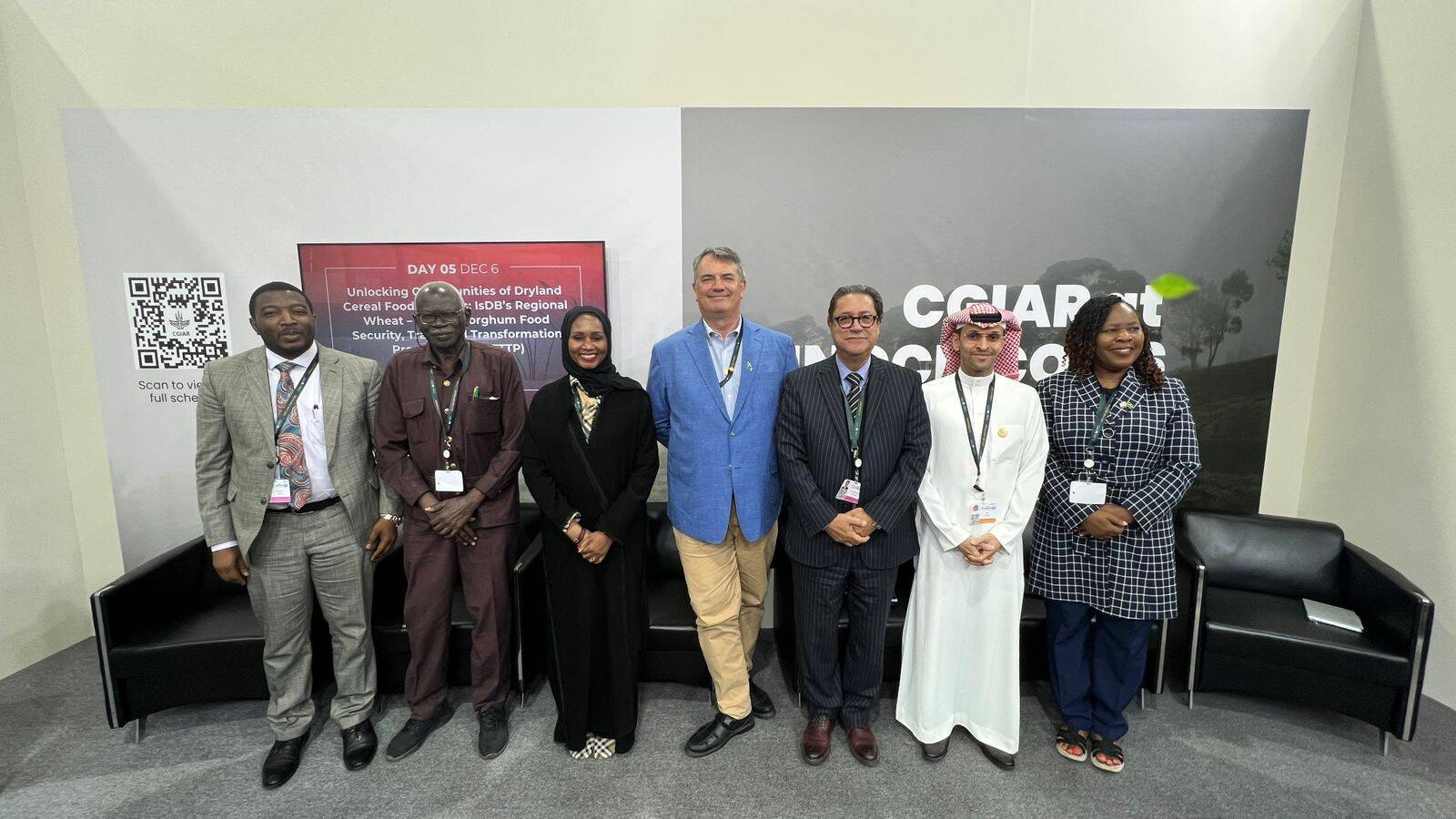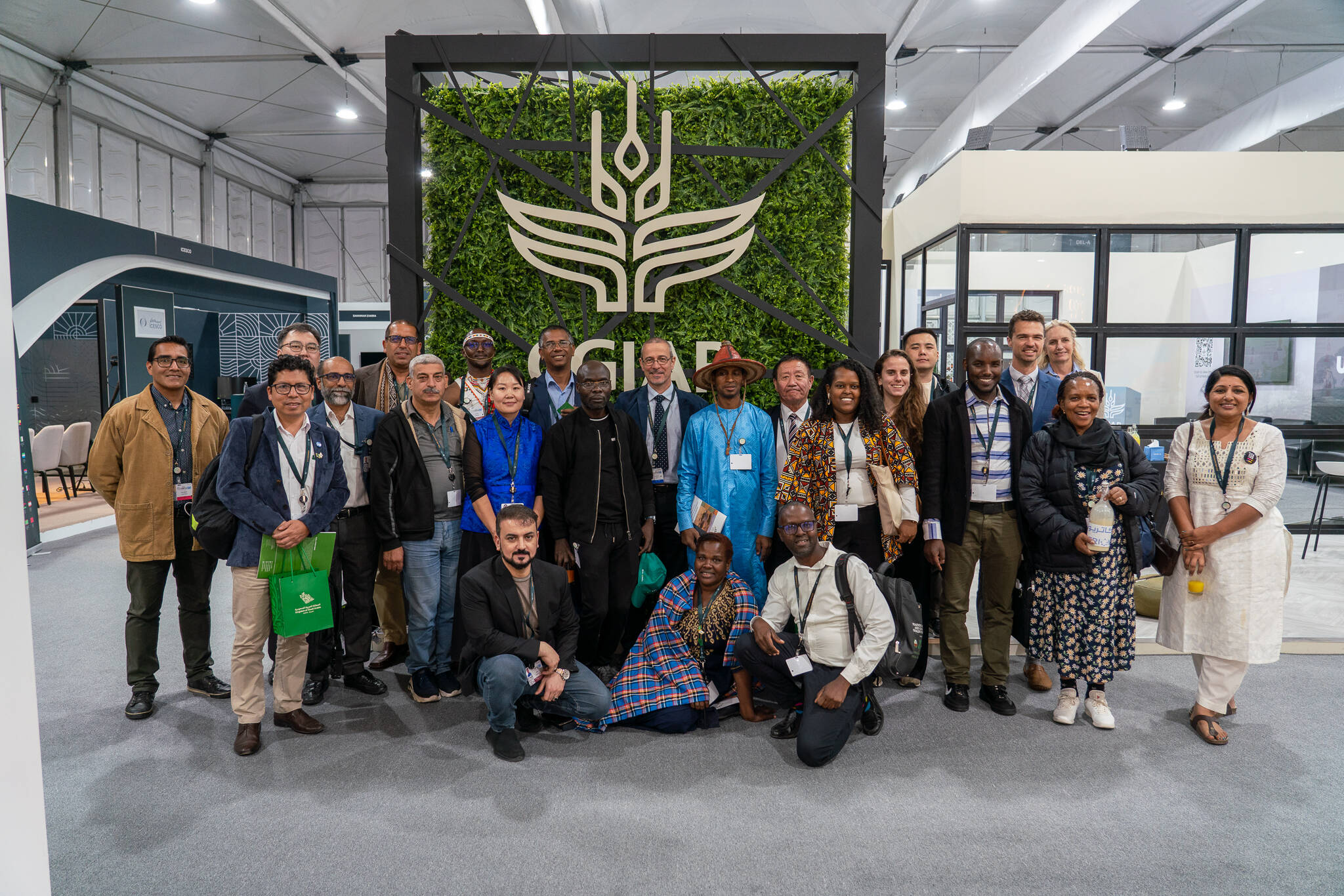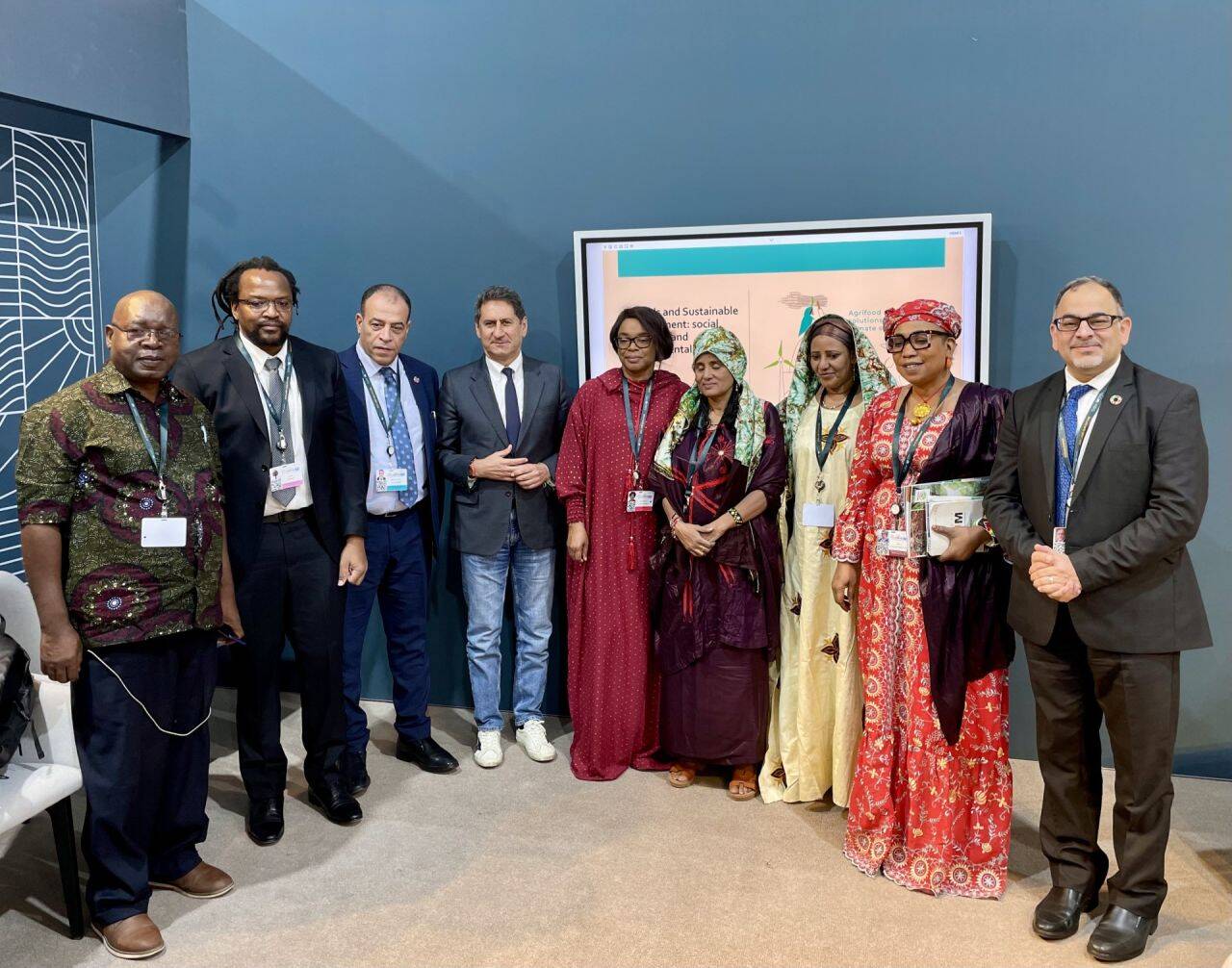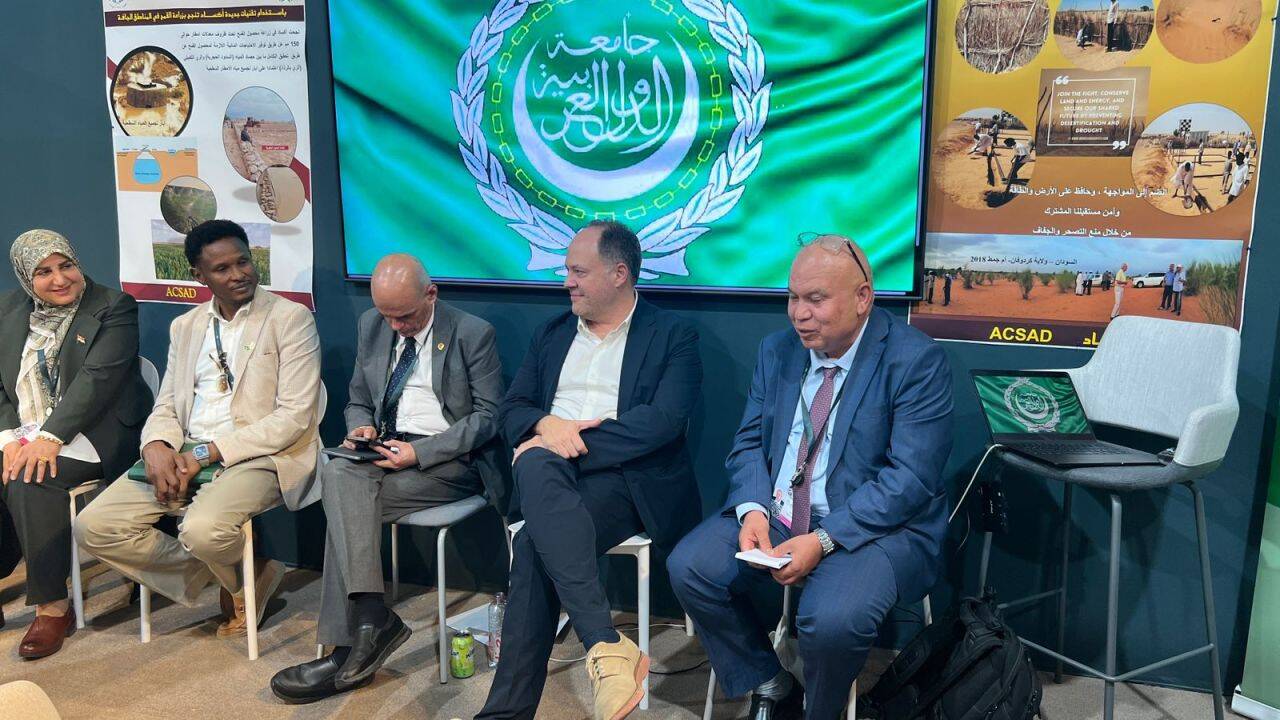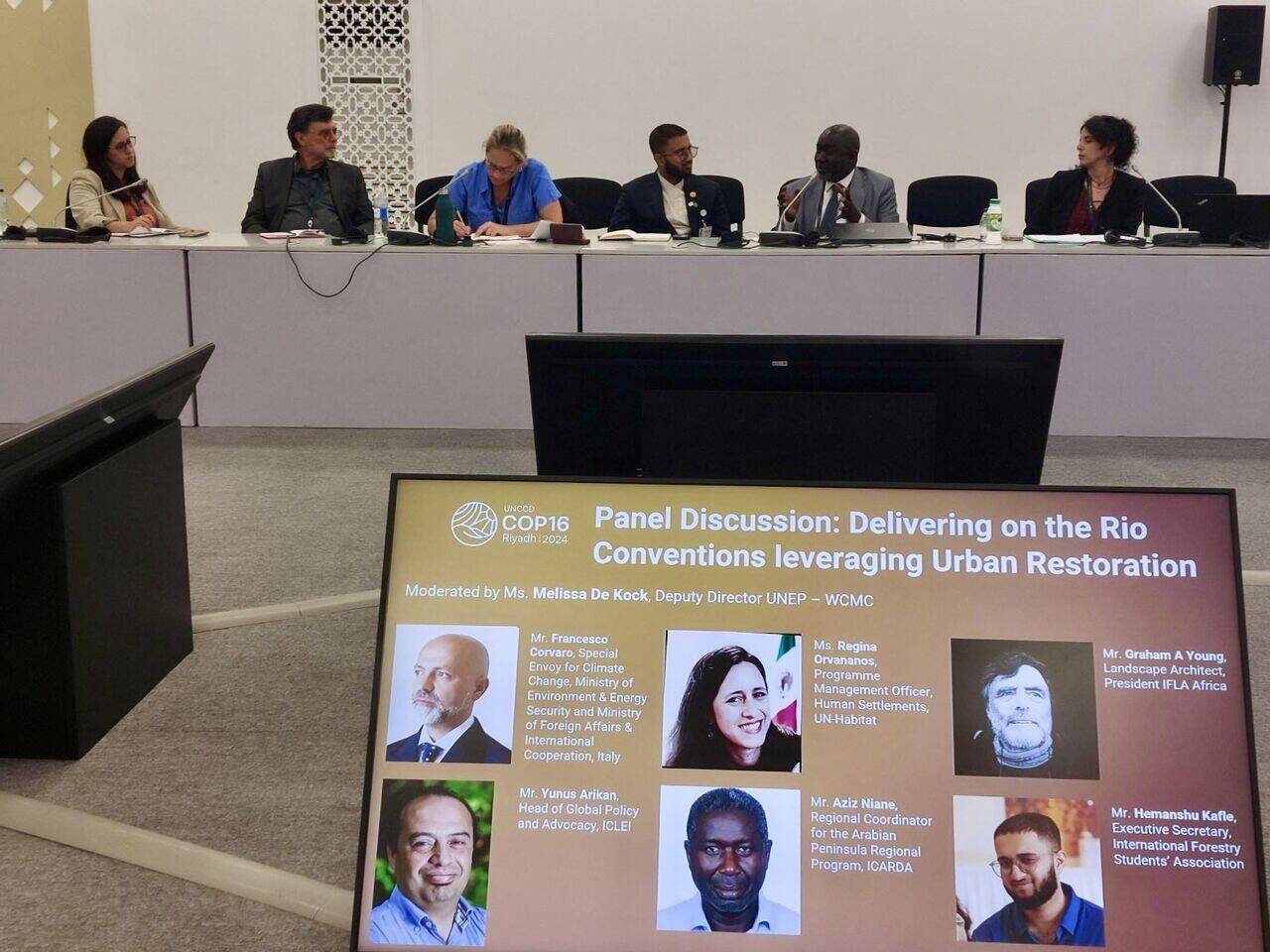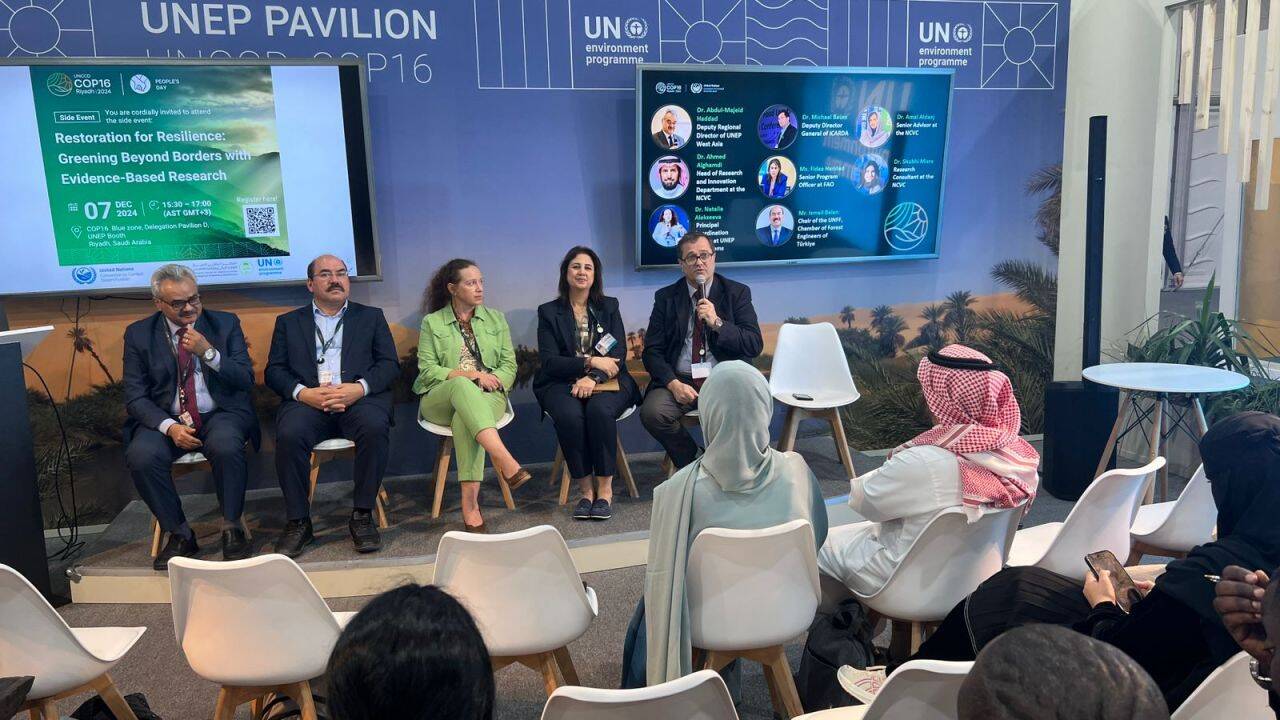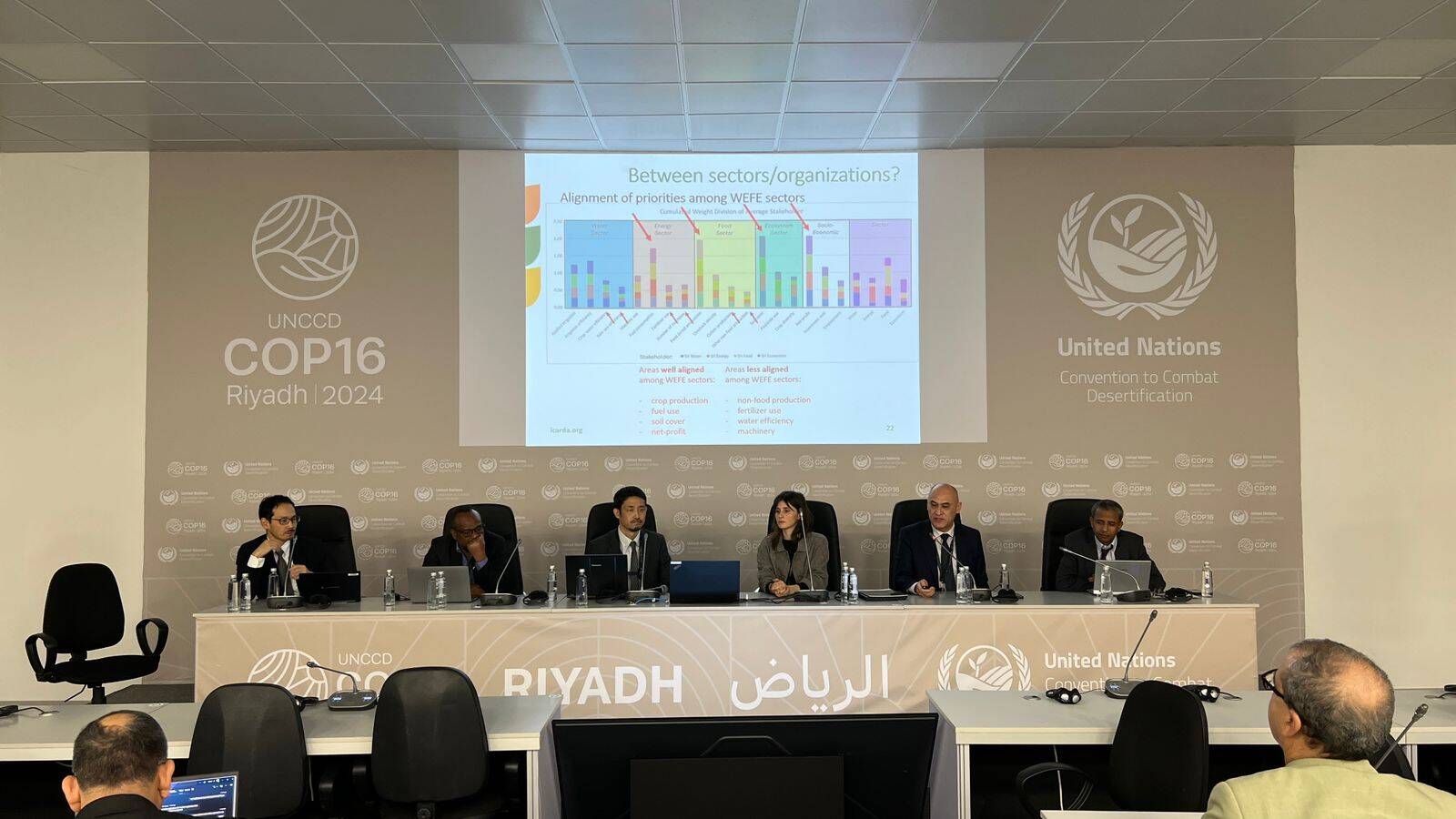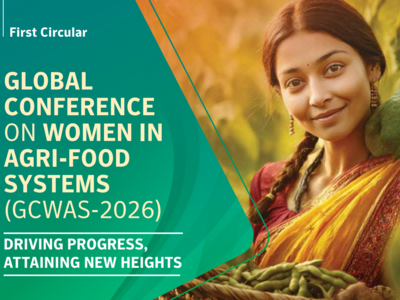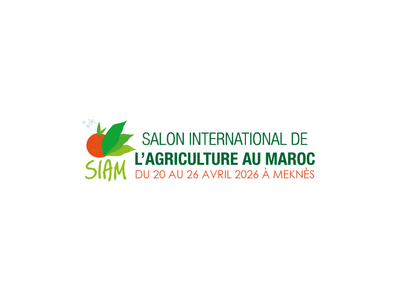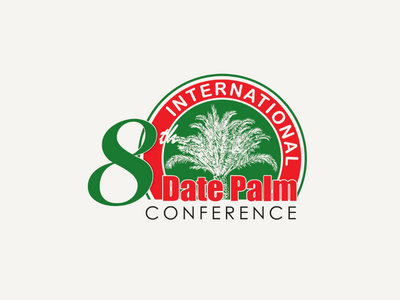A Future Cultivated Together
ICARDA’s delegation had a prominent presence at COP16, contributing valuable insights and research across various partner-hosted events.
At a session on "Unlocking Food Security, Trade and Transformation through Regional Wheat, Millet and Sorghum Value Chains", co-hosted with ICRISAT, Islamic Development Bank (IsDB), ICBA, and the Saudi Fund for Development, Aly Abousabaa, emphasized the need for water-efficient crops and the use of CGIAR genebanks to harness crop diversity for sustainable food security.
He also participated in the Dialogue on Combating Desertification, hosted by AGFUND, to discuss policy solutions, research innovations, and collaboration to tackle desertification and promote land restoration.
“Ensuring our innovation is both cost-effective and efficient is key to building trust with our end users, who rely on us for their livelihoods,” said Mr. Abousabaa during the session.
ICARDA’s commitment to climate-resilient agriculture was further demonstrated at the WOCAT event, where Dr. Akmal Akramkhanov, ICARDA’s Sustainable Land Management Senior Scientist, showcased the WOCAT database as a key platform for sharing sustainable land management practices.
At the IRENA Pavilion, Dr. Vinay Nangia underscored the critical role of renewable energy in supporting dryland farming resilience, while Dr. Mounir Louhaichi, ICARDA’s Rangeland Ecology and Forages Research Team Leader, highlighted ICARDA’s innovative approaches to rangeland restoration at the FAO-COFO-Drylands session.
Dr. Azaiez Ouled Belgacem, ICARDA’s Rangeland Ecology and Management Specialist, spoke on the importance of the three Rs—restoration, rehabilitation, and relocation—for integrating agri-innovation with socio-economic research to revitalize lands in the MENA region at the League of Arab States and Alliance of Bioversity International and CIAT for Integrated Solutions for Climate Resilience, Peace, and Food Security in the MENA Region.
Dr. Abdoul Aziz Niane, ICARDA’s Coordinator of the Arabian Peninsula Regional Program, contributed to discussions on urban resilience in arid regions at the UNECE/FAO Forests session.
Dr. Michael Baum also participated in the "Restoration for Resilience" session at the UN Environment Programme Pavilion, where he emphasized the importance of community-driven restoration projects prioritizing climate-smart Indigenous plants.
Dr. Mounir Louhaichi also contributed to the "Road to the International Year of Rangelands and Pastoralists 2026", where he stressed ICARDA’s commitment to SDG 15.3, focusing on reversing land degradation through sustainable rangeland management.
ICARDA’s efforts at COP16 highlight the potential of science, collaboration, and our steadfast commitment to driving meaningful change. Through the many events and meetings carried out by global organizations and visionary leaders, the vital role of drylands was brought to the forefront of climate action, emerging as a symbol of resilience and innovation. While the challenges from climate change grow, the collaboration and partnerships forged at COP16 serve as a testament to the power of global cooperation in securing a sustainable future.
-----------------

